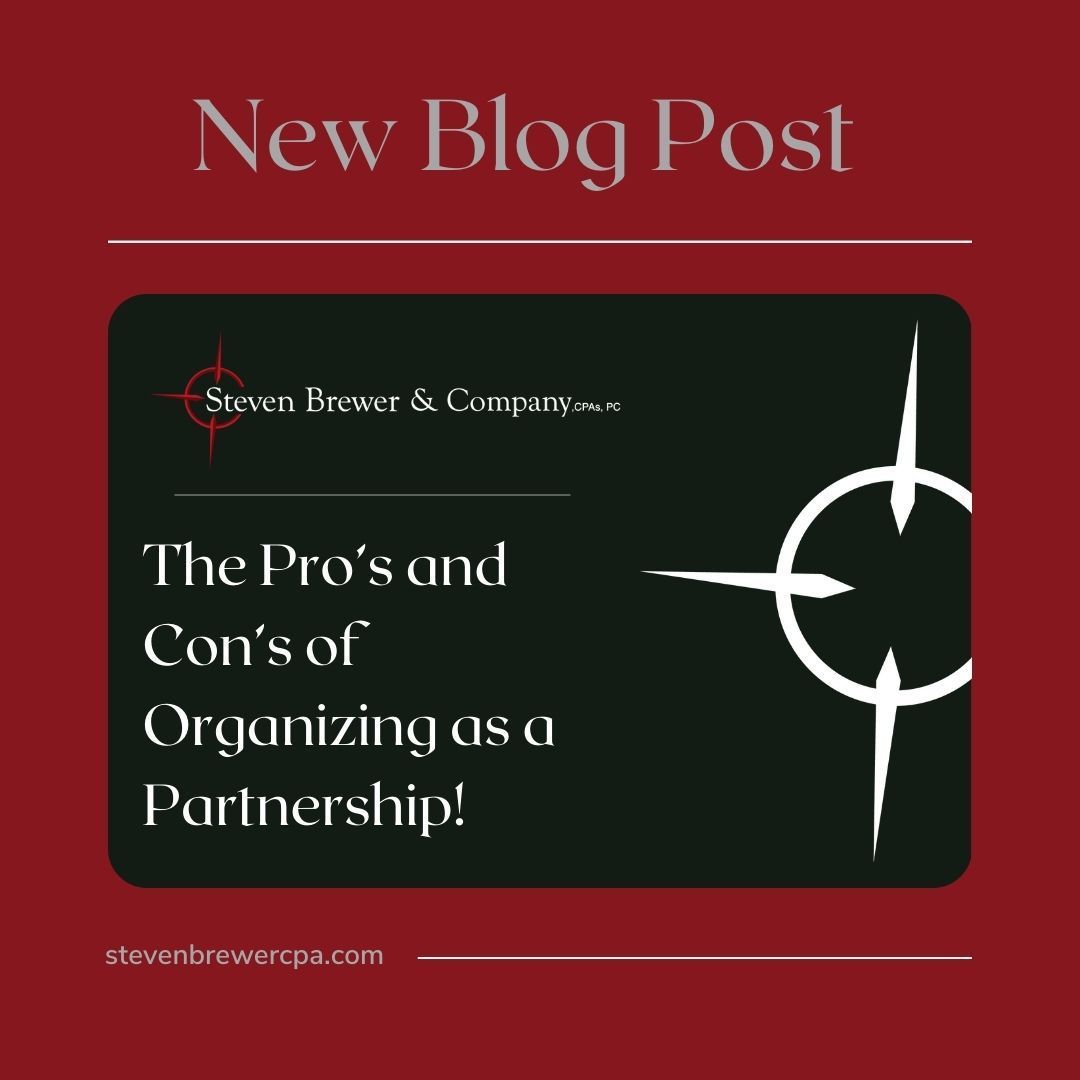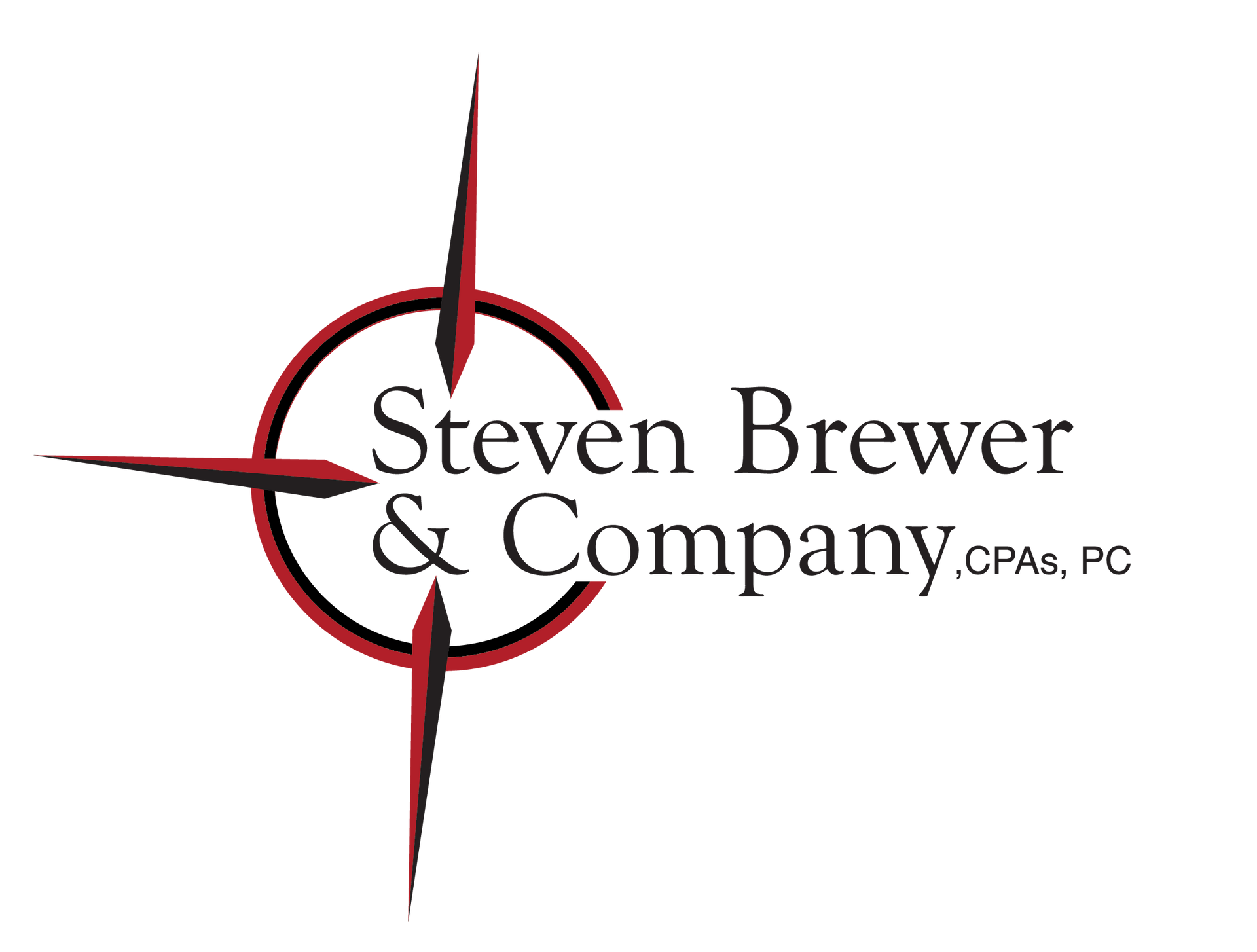The Retirement Hobby
Fact # 2
Swanson presents another typical situation: a retired taxpayer pursues a long-held hobby and find they can produce some income from it to offset its cost. That does not make it a business. Here, Mr. Swanson was a resident of Alaska who had retired in 2010. His retirement income came from his pension, from Social Security and from rents received on two properties he owned.
Mr. Swanson was apparently an avid fisherman. He had fished in Alaska for over 30 years. He liked fishing for halibut and he liked fishing from a town called Homer, the self-described “Halibut Fishing Capital of the World.” But he lived in Anchorage, some 200 miles away.
After retirement he bought a boat “designed to fish for halibut.” Op at 4. He was apparently able to store his boat and equipment for free in Homer because his “life partner’s children lived in Homer” (Id.). He also bought a plane “to shorten his travel time between Anchorage and Homer.” Id. He apparently was not already a pilot because Judge Pugh notes he held only a student license in the three years at issue (2014-2016). Id.
All of this cost money and Mr. Swanson decided offset his expenses by offering his boat for charter fishing under the name Happy Jack Charters (currently ranked #53 of 63 boat charters in Homer, AK on TripAdvisor). He made some money at it. During the three years at issue (2014-2016), he reported gross receipts of $1,500, $2,345, and $3,709, respectively. Op. at 7. But his reported expenses gave him net losses, totaling $131,000 over the three years.
Like Dr. Sherman, Mr. Swanson apparently was not very good at filing returns. He filed his 2016 return in June 2017 and his 2014 and 2015 returns in August 2017. It is not entirely clear from the opinion, but it appears he was prompted to file returns by an IRS audit. Apparently the IRS was concerned about unreported income. A Revenue Agent conducted a bank deposits analysis, finding deposits for each year exceeding reported income. That's not routine. The IRS sent him an NOD and Mr. Swanson hired a lawyer and petitioned the Tax Court.
Lesson #2: Don’t Be “Lazy On Your Books”
Unlike Dr. Sherman, Mr. Swanson at least had some income from his chartering activity. And he kept records.
Mr. Swanson at least kept receipts that “he would hand to his accountant at the end of the year ‘to figure it out.’” Op. at 10. But just having income and keeping receipts of expenses is not enough to show an activity is operated in a businesslike manner. Judge Pugh explains that “the key question is not whether the taxpayer keeps records, but whether the taxpayer uses his records to improve profitability and take steps to control expenses and increase income.” Op. at 10 (emphasis in original).
What hurt Mr. Swanson here was his poor recordkeeping. One gets a sense of it from this TripAdvisor review from May 2017: “We caught our limit of halibut. Only downside is he got ticketed by the water cops ... lazy on his books they said. Other than that, we really enjoyed the trip.”
Judge Pugh explains how Mr. Swanson was lazy on his books for tax purposes as well. He did not use his records to operate his activity like a business. “Mr. Swanson did not explain whether and how he used the data about his income and expenses to make his activity profitable. *** Mr. Swanson did not have a business plan and made no significant changes to reduce expenses and generate income the entire time he operated Happy Jack Charters. *** Despite the apparent lack of clients and income, Mr. Swanson purchased an airplane and incurred significant expenses related to storing, maintaining, and operating it.. Over the seven years of operating Happy Jack Charters, Mr. Swanson never made changes that enhanced his prospect for making a profit.” Op. at 10-11.
Bottom Line #2: Don’t be lazy on your books.



